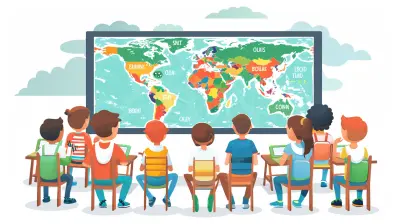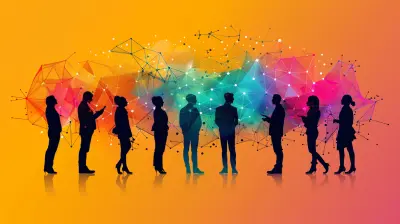The Importance of Social-Emotional Learning for Gifted Students
6 September 2025
Gifted students often stand out academically, dazzling teachers and peers with their advanced intellectual abilities. But there’s a common misconception that because they’re bright, they have everything figured out emotionally and socially too. The reality? Many gifted students struggle with social-emotional challenges that can impact their well-being, relationships, and even their long-term success.
That’s where Social-Emotional Learning (SEL) comes in. It’s not just a trendy educational buzzword—it’s an essential framework that helps gifted students develop emotional intelligence, resilience, and healthy interpersonal skills. In this article, we’ll dive deep into why SEL is just as important as academic enrichment for these students and how it can shape their futures.
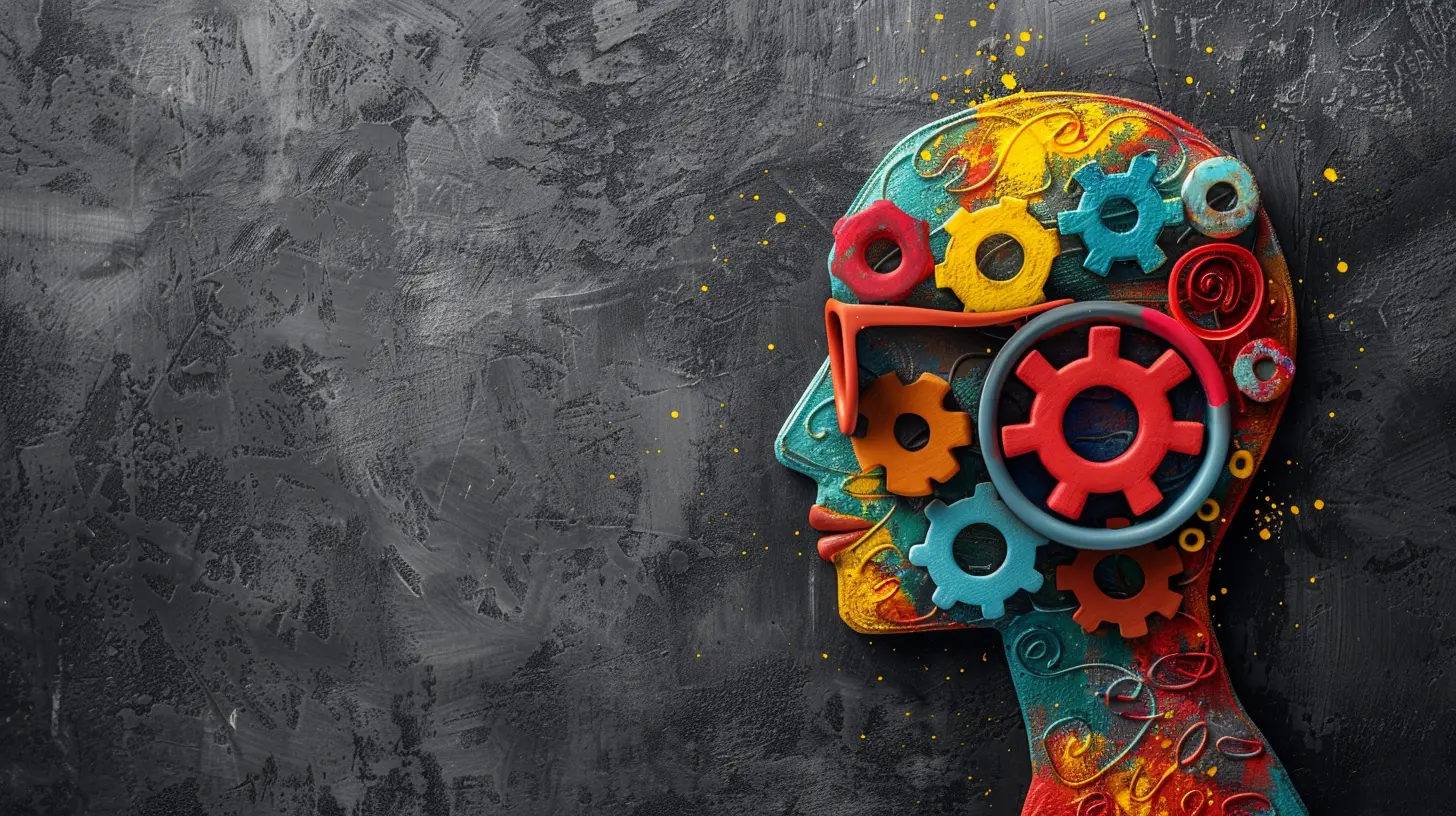
Understanding Social-Emotional Learning (SEL)
Before we discuss its impact on gifted learners, let’s break down what Social-Emotional Learning (SEL) actually is.SEL is an educational approach aimed at developing five core competencies:
1. Self-awareness – Recognizing and understanding one’s emotions and strengths
2. Self-management – Learning to regulate emotions, manage stress, and set personal goals
3. Social awareness – Developing empathy and understanding diverse perspectives
4. Relationship skills – Building healthy relationships, communicating effectively, and resolving conflicts
5. Responsible decision-making – Making ethical and constructive choices
For many students, these skills develop naturally over time. But for gifted students, the path to social-emotional growth is often filled with unique challenges.
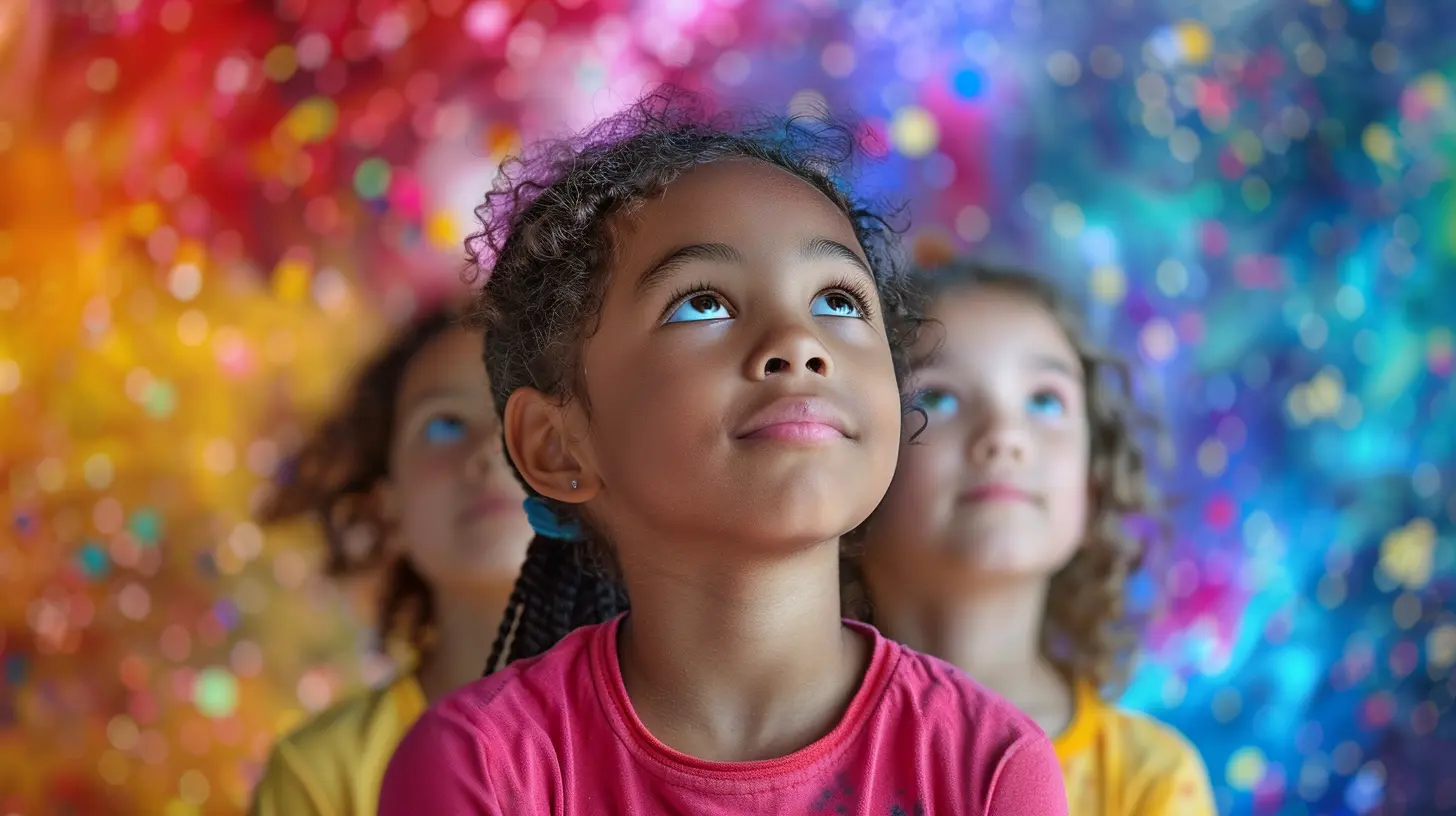
Why Gifted Students Need Social-Emotional Learning
Gifted learners may excel in math, science, or literature, but their emotional and social development doesn’t always keep pace with their intellect. Here’s why SEL is particularly crucial for them:1. Managing Emotional Intensity
Gifted students often experience the world more intensely than their peers. Their minds race with ideas, and their emotions can sometimes feel overwhelming. This heightened sensitivity, known as emotional intensity, means they may react more strongly to criticism, stress, or failure.Without SEL, these students might struggle to cope with frustration, anxiety, or self-doubt. Teaching self-awareness and self-management helps them navigate their complex emotions in a healthier way.
2. Overcoming Perfectionism
Many gifted students set impossibly high standards for themselves. They fear making mistakes, which can lead to procrastination, anxiety, or burnout. Some may even avoid challenges altogether to prevent failure.SEL helps students reframe failure as a learning opportunity rather than a personal shortcoming. By developing resilience and self-compassion, they learn that mistakes are just stepping stones to growth.
3. Building Social Connections
Gifted students often feel out of sync with their age group. Their advanced thinking and interests might make it difficult to relate to their peers, leading to feelings of isolation.SEL fosters social awareness and relationship skills, encouraging students to develop empathy, communication, and collaboration. Learning how to connect with others—even those with different perspectives—can help gifted students build meaningful relationships.
4. Handling Asynchronous Development
One of the biggest challenges for gifted learners is asynchronous development—when their intellectual abilities outpace their emotional or social growth. A 10-year-old who reads at a college level might still struggle with impulse control or emotional regulation.SEL bridges this gap by providing tools to balance intellectual and emotional development, ensuring that gifted students can thrive in both areas.
5. Preventing Underachievement and Burnout
Contrary to popular belief, not all gifted students succeed in school. Some underperform because they’re bored, unchallenged, or disengaged. Others push themselves too hard, leading to stress and burnout.By prioritizing SEL, educators can help students develop motivation, goal-setting strategies, and coping mechanisms—ensuring they stay engaged without feeling overwhelmed.
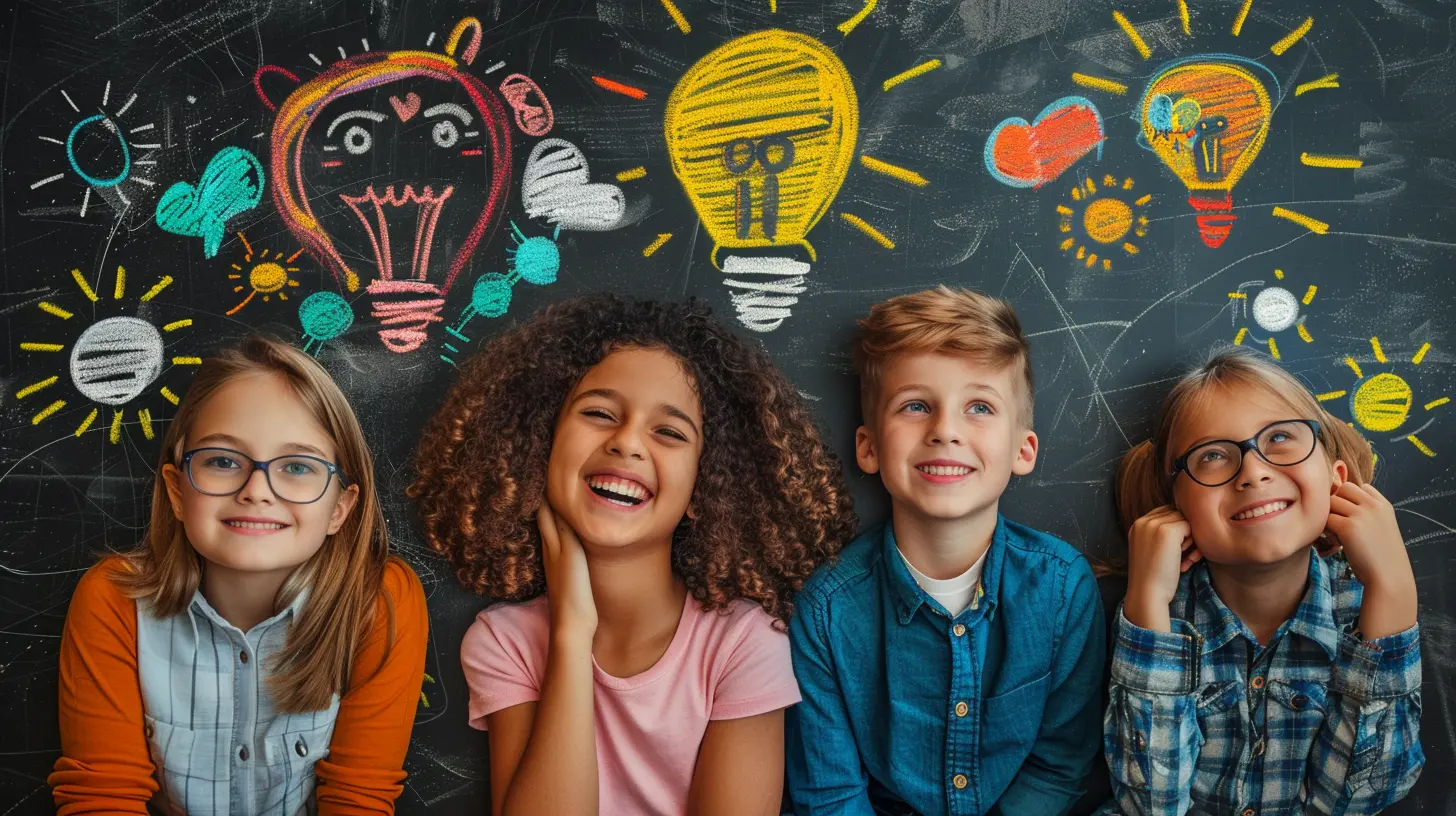
How Schools Can Integrate SEL for Gifted Students
Now that we know why SEL is crucial for gifted learners, the next question is: How do we incorporate it into their education?1. Encourage Emotional Reflection
Journaling, group discussions, or guided reflection exercises can help gifted students become more aware of their emotions and thought patterns. Teachers can ask open-ended questions like:- What’s one challenge you faced today, and how did you handle it?
- How do you feel when you make a mistake?
- What’s something you’re proud of that isn’t academic?
Encouraging self-awareness helps gifted students recognize and manage their emotions more effectively.
2. Teach Mindfulness and Stress Management
Simple mindfulness techniques can help gifted students manage stress and emotional intensity. Practices like deep breathing, meditation, or visualization exercises allow them to slow down their racing thoughts and regain focus.These strategies are particularly helpful for perfectionists, who often experience anxiety about performance.
3. Use Literature and Storytelling
Books, short stories, and real-life examples can be powerful SEL tools. Literature featuring complex emotions, moral dilemmas, or diverse perspectives allows gifted students to relate to characters’ struggles and reflect on their own emotions.Encouraging discussions about characters' decision-making and emotions fosters empathy and social awareness.
4. Provide Opportunities for Social Connection
Gifted students crave meaningful conversations and intellectual stimulation. Creating spaces where they can interact with like-minded peers—such as gifted programs, enrichment activities, or mentorship opportunities—allows them to connect with others who share their interests.Additionally, exposing them to social situations where they collaborate with peers of different backgrounds enhances their adaptability and communication skills.
5. Promote a Growth Mindset
Many gifted students believe that intelligence is fixed—you either have it, or you don’t. This mindset can make them hesitant to take risks or face challenges.Teaching a growth mindset, where effort and perseverance are valued over innate talent, encourages students to embrace challenges and persist despite setbacks.
6. Encourage Service Learning and Leadership
Gifted students often have a strong sense of justice and fairness. Engaging them in community service, leadership roles, or mentorship programs allows them to channel their empathy and social awareness into meaningful action.These experiences not only develop leadership skills but also help students feel a sense of purpose beyond academic achievement.
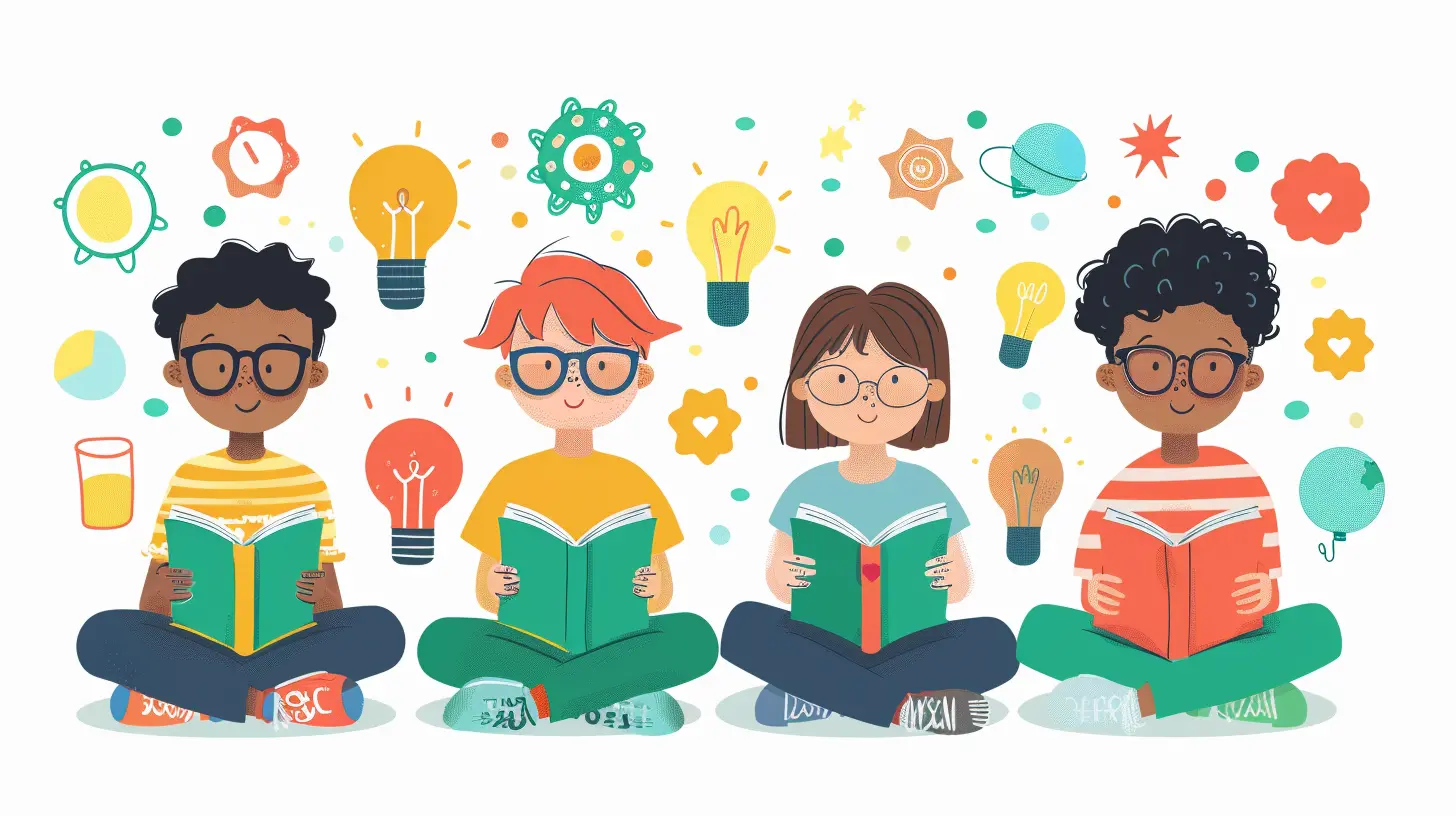
The Long-Term Benefits of SEL for Gifted Students
When gifted students develop strong social-emotional skills, the benefits extend far beyond the classroom. SEL lays the foundation for:- Stronger relationships – They learn how to communicate effectively, resolve conflicts, and collaborate with diverse individuals.
- Emotional resilience – They develop coping strategies for stress, setbacks, and challenges.
- Greater academic and career success – Emotional intelligence is a key predictor of long-term success, often more so than IQ alone.
- Improved mental health – SEL reduces anxiety, depression, and burnout, fostering long-term well-being.
At the end of the day, intelligence alone isn’t enough to navigate life’s complexities. By integrating SEL into gifted education, we’re not just creating brilliant thinkers—we’re nurturing emotionally intelligent, well-rounded individuals who can make meaningful contributions to the world.
Final Thoughts
Gifted students have remarkable potential, but they also face unique emotional and social challenges that can’t be ignored. Social-Emotional Learning isn't just an add-on—it’s an essential part of helping these students thrive beyond academics.By teaching them to understand themselves, manage their emotions, build authentic relationships, and develop resilience, we’re giving them the tools to succeed not just in school, but in life.
all images in this post were generated using AI tools
Category:
Gifted EducationAuthor:

Zoe McKay
Discussion
rate this article
1 comments
Kael McAnally
Thank you for highlighting the significance of social-emotional learning for gifted students. It's crucial to recognize their unique emotional needs, fostering both academic success and personal development. This article provides valuable insights for educators and parents alike!
September 22, 2025 at 4:45 AM

Zoe McKay
Thank you for your thoughtful comment! I'm glad you found the insights valuable for supporting gifted students' emotional needs.
